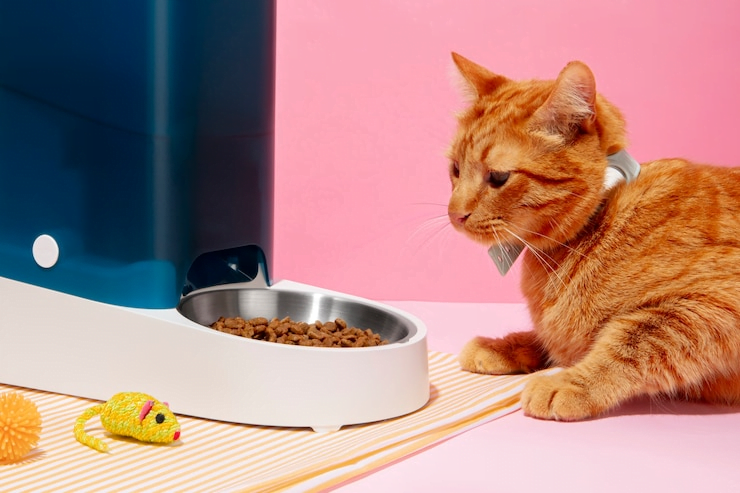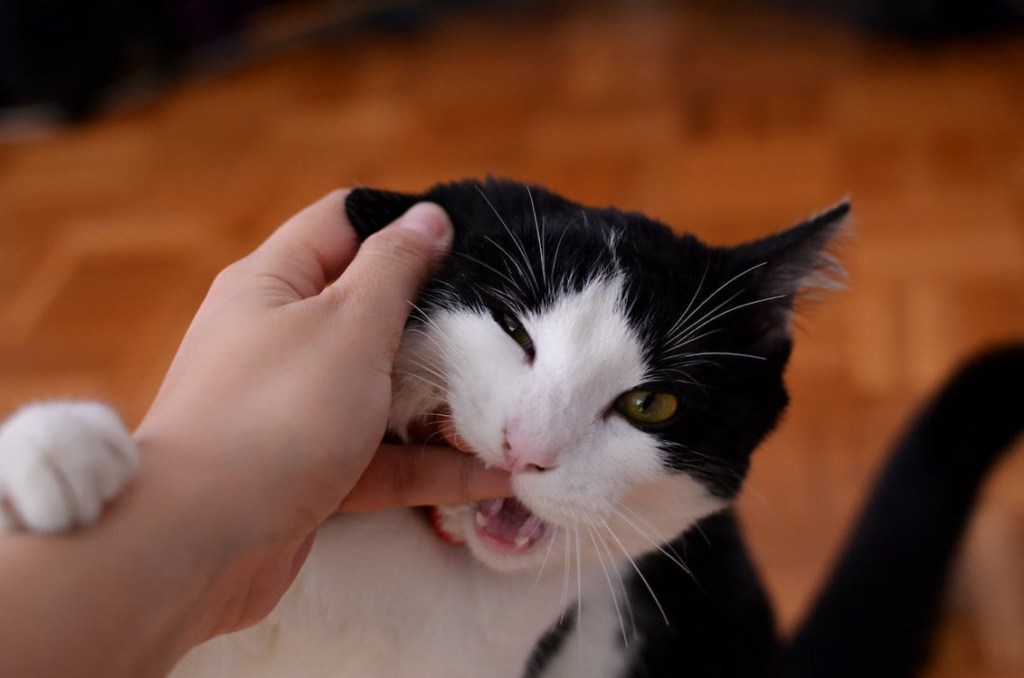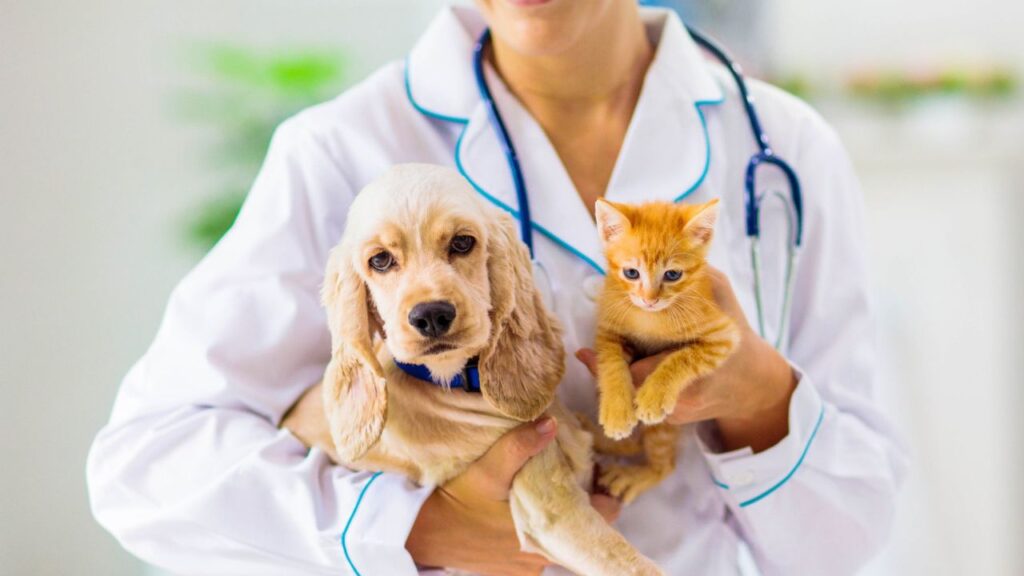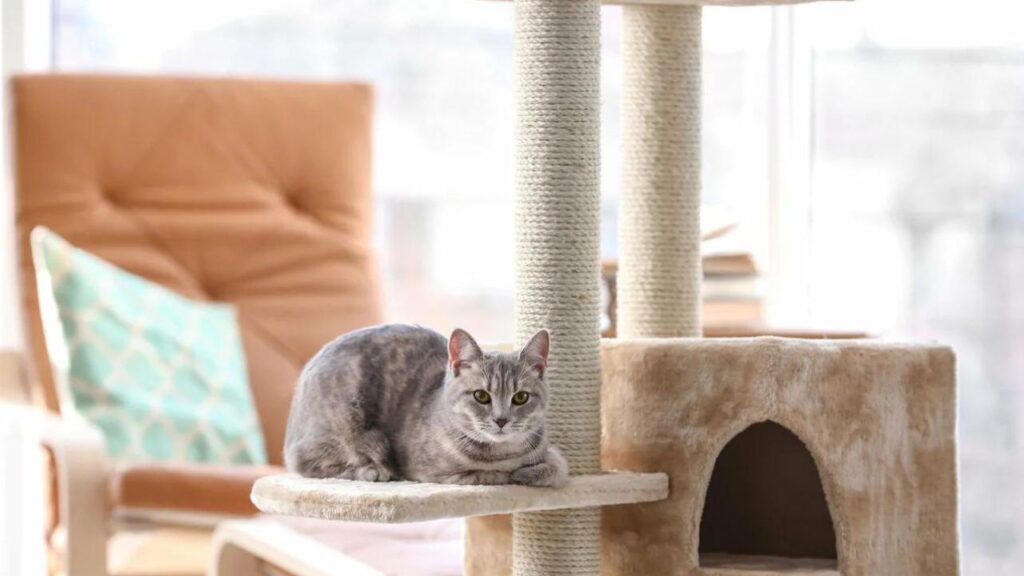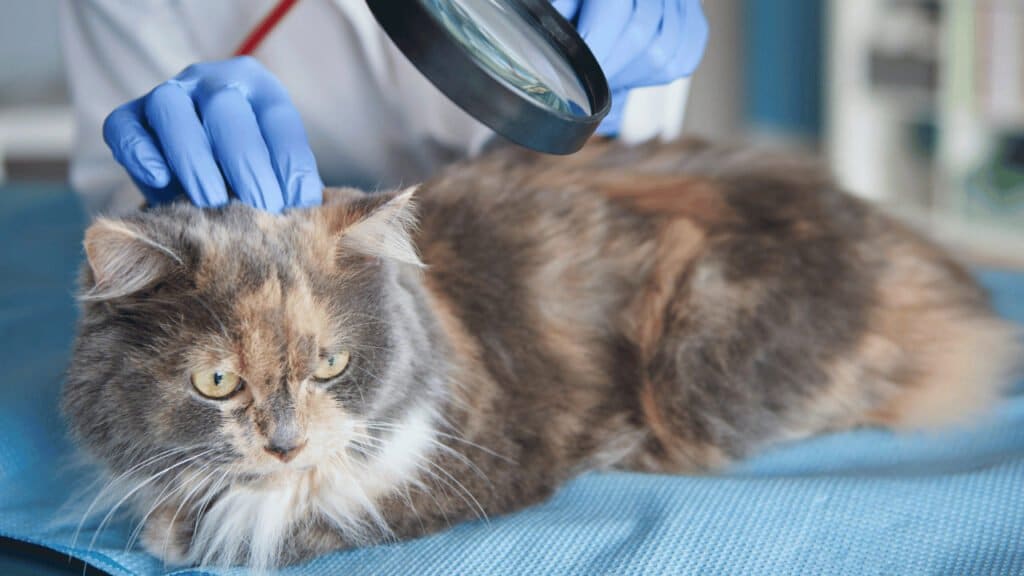Welcoming a litter of kittens into the world is an exciting and joyful experience. However, 2 Week Old Kitten comes with responsibilities and challenges, especially for those caring for young kittens without their mother. One of the critical milestones in a kitten’s early development is their ability to poop independently.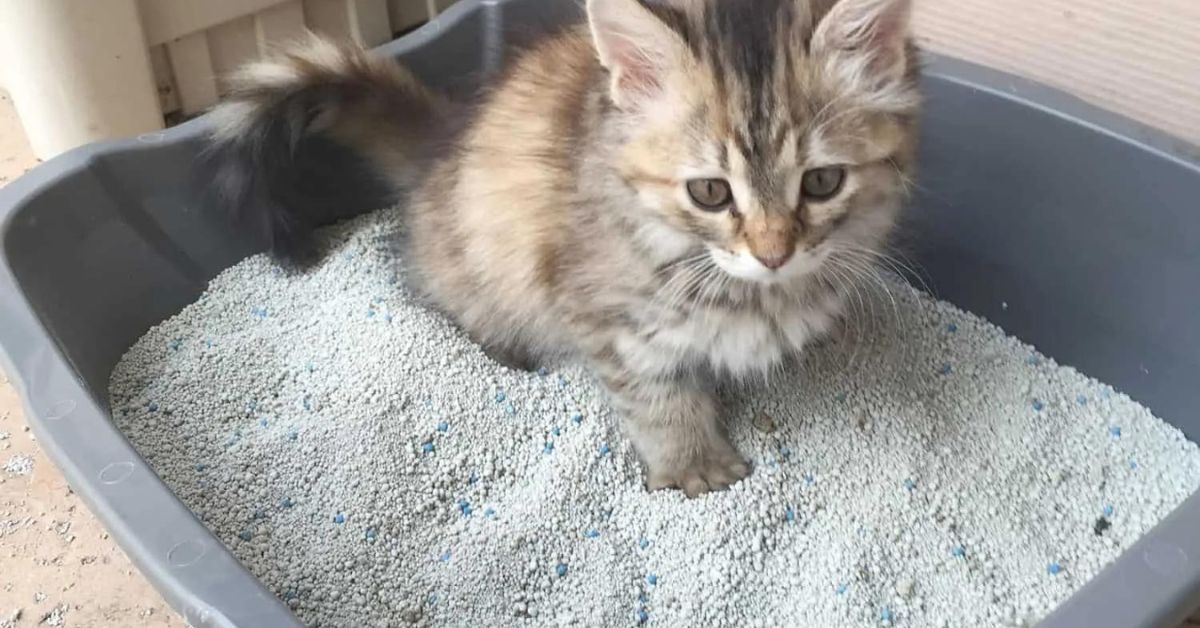
This blog aims to guide you through the intricacies of this stage, offering insights and practical advice to ensure your kittens grow healthy and strong. Tiny meows and soft fur – caring for a 2 Week Old Kitten is an adorable yet demanding task.
These little bundles of joy are entirely dependent on their mother for survival, including elimination. But as curious pet parents, we often wonder when these precious creatures can care for business independently.
The answer might surprise you! In the following, we’ll delve into the fascinating world of kitten development, exploring when they can poop without their mother’s help and what you, as a dedicated caretaker, can do to ensure their health and well-being during this crucial stage.
2 Week Old Kitten
At 2 Week Old Kitten, kittens are in a critical stage of development. Their eyes and ears have just opened, and they are beginning to explore their surroundings, albeit tentatively. Their diet primarily consists of their mother’s milk or a suitable milk replacer, as their digestive systems are not yet ready for solid food.
Regarding behavior, 2-week-old kittens still rely heavily on their mother or caretaker for survival. They require warmth, nutrition, and assistance with bodily functions. These needs is crucial for ensuring their well-being during this vulnerable period.
Two-week-old kittens are adorable bundles of developing fur. Their eyes, a bright baby blue, are just starting to see the world, though their vision is still blurry.
They wobble on tiny paws as they attempt their first wobbly steps, and their meows are more like squeaks. Despite their cuteness, they rely heavily on their mother for warmth and nourishment. Their environment needs around 80 degrees Fahrenheit to keep them comfortable, and they nurse every few hours. This age is an excellent time to start deworming to ensure their tiny bodies are healthy.
Monitoring Bowel Movements for Health
Monitoring a kitten’s bowel movements is essential for assessing their overall health. Frequency, consistency, or color changes can indicate underlying health issues that require immediate attention. For kittens, this young, consistency in their bowel movements is a sign that their digestive system is functioning correctly.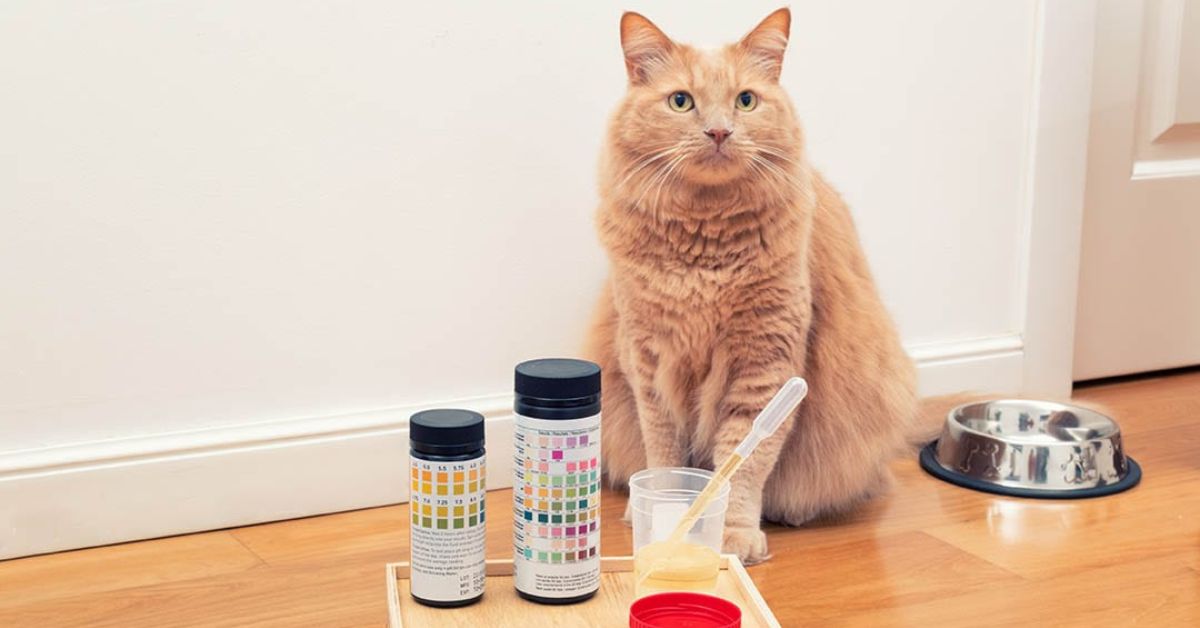
Healthy bowel movements in kittens should be soft but formed, and any signs of diarrhea or constipation should be addressed promptly. Careful observation and timely intervention can prevent minor issues from developing into serious health problems.
Keeping an eye on your bowel movements is a simple but valuable way to track your digestive health. While the frequency can vary from person to person, a healthy range is typically one to three bowel movements daily. The key is consistency for you. Pay attention to stool form (soft and formed is ideal), color (usually brown), and presence of blood (which can indicate a problem).
If you experience constipation, diarrhea, or any other significant changes, monitoring them for a day or two is best. Persistent changes can be a sign of underlying issues. Consider keeping a bowel diary to track your habits and sharing it with your doctor for a diagnosis and personalized advice.
Can 2-Week-Old Kittens Poop on Their Own?
The question of whether 2-week-old kittens can poop on their own is a common concern among new kitten caretakers. The short answer is no; at this age, kittens generally cannot eliminate waste without assistance. Their muscles still need to develop to control bowel movements independently and fully.
Physiologically, young kittens rely on stimulation from their mother to defecate. In the absence of a mother, caretakers must mimic this action by gently rubbing the kitten’s genital area with a warm, damp cloth. This process helps stimulate bowel movements and ensures the kitten eliminates waste properly.
Caring for 2-week-old Kittens Without a Mother
Tiny 2-week-old kittens require constant care in their mother’s absence. Keep them warm and cozy in a box lined with soft blankets, using a heating pad on low beneath half the box (with a barrier) for adjustable warmth. Crucially, replace their mother’s milk with kitten formula every 2-4 hours using a special bottle and nipple.
Never use cow’s milk! Stimulate their elimination by gently rubbing their bellies and genitals with a warm, damp cloth after feedings. Monitor their weight daily and consult a veterinarian immediately for any concerns.
Caring for orphaned kittens requires attention to several critical aspects, including feeding, hygiene, and creating a safe environment. Here are some practical tips to help you provide the best care for your kittens:
Feeding
Kittens this young need a specialized milk replacer designed for their nutritional needs. Feeding should occur every 2-3 hours, including overnight, to ensure they receive adequate nutrition. Always follow the manufacturer’s instructions for mixing and feeding the milk replacer.
Hygiene
Maintaining hygiene is crucial for the health of young kittens. This includes keeping their living area clean and dry, regularly cleaning feeding bottles, and gently wiping their genital area to stimulate bowel movements.
Comparing Milestones of Early Kitten Development
The developmental milestones of kittens at different stages can help you provide appropriate care. Here’s a quick comparison: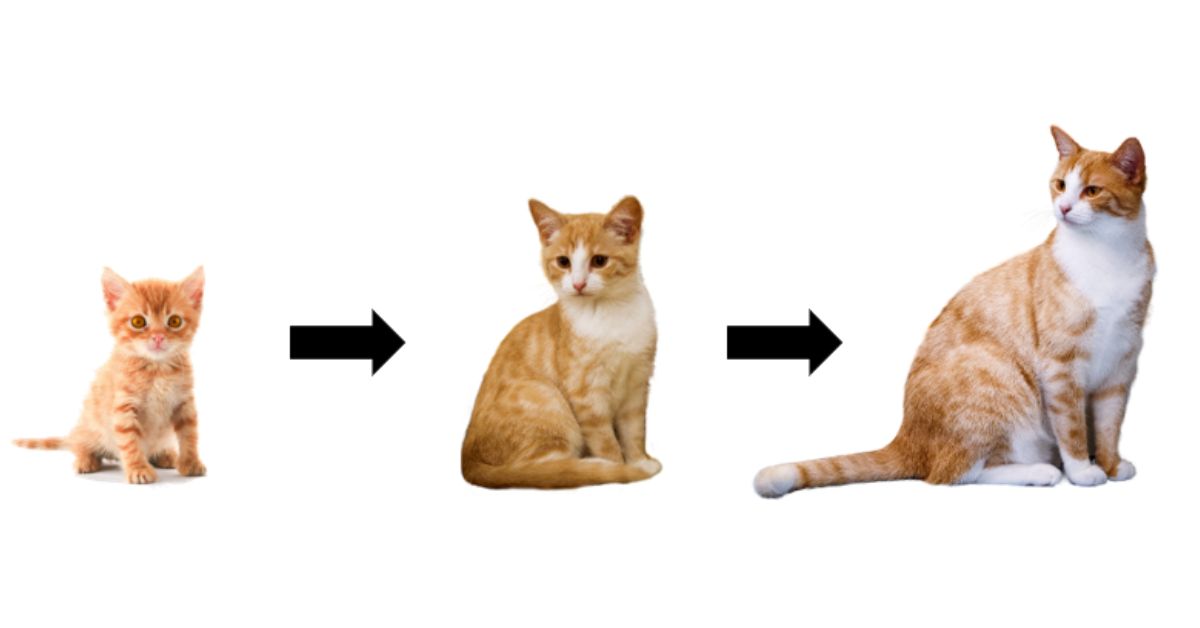
- At one week old, kittens depend entirely on their mother or caretaker. They cannot regulate their body temperature, their eyes and ears are closed, and they need frequent feedings.
- Two-week-old kittens start to open their eyes and ears, show more movement, and require stimulation for bowel movements. They are slightly more independent but still rely heavily on their caregiver.
- At three weeks, kittens become more active and curious. They start to develop social behaviors, their teeth emerge, and they may attempt to eat solid food, albeit in small amounts.
- By four weeks, kittens are more adventurous and begin to play with their littermates. They can start eating kitten food mixed with milk replacer and are more capable of eliminating waste on their own.
- Five-week-old kittens are energetic and playful. They are fully weaned onto solid kitten food and are more adept at using the litter box independently. Socialization is crucial at this stage to develop healthy behaviors.
Safe Environment
Create a warm, secure space for the kittens, free from drafts and hazards. Use soft bedding materials and ensure they have enough room to move around, but not so much that they become chilled or isolated.
A safe environment goes beyond physical security and fosters well-being on multiple levels. Imagine a space prioritizing physical safety with clear pathways, proper lighting, and minimized hazards.
It should also be emotionally secure, where you feel respected, supported, and judgment-free. Open communication and trust are key ingredients.
A safe environment can also extend to the digital world, where responsible online behavior and strong passwords protect your information. Ultimately, a safe environment empowers you to thrive, whether it’s at home, work, or online.
Conclusion
Caring for young kittens, particularly those without a mother, requires dedication, patience, and knowledge. Understanding early development milestones and providing the necessary support can significantly impact a kitten’s health and well-being.
By monitoring their bowel movements, ensuring proper nutrition, maintaining hygiene, and creating a safe environment, you can help your kittens thrive. Remember, each stage of development brings new challenges and rewards, and your attentive care plays a vital role in their growth.
FAQ
What should 2-week-old kittens be doing?
At two weeks old, kittens start interacting more with their siblings, if they have any and become more conscious of their surroundings. They still sleep for the majority of the day, though. As their ears open, they play, hone their fine motor abilities, and take their shaky first steps.
Can you touch kittens at 2 weeks old?
Young kittens are vulnerable to infection and disease; you may harm them by picking them up too soon. Once they reach two weeks of age, it is a good idea to introduce them to humans and touch (weeks two to seven are a good time for socialization). Even here, be sensitive to the mother.
Can kittens drink water at 2 weeks?
Your kitten should start regularly eating solid meals and drinking water once the weaning process is complete, which should happen at around 8 weeks. First, the soaked kibble will provide most of their water needs; however, they should always have access to fresh water until they are entirely off the milk formula.
Can 2-week-old kittens poop on their own?
Participants: Veterinary Team, Executive Leadership, Public, Foster Caregivers, and Staff & Volunteers from Shelters & Rescues. Until they are 3–4 weeks old, abandoned kittens and puppies are unable to urinate and defecate on their own. Until then, the mother usually encourages her litter to urinate and defecate.
What is the survival rate of a 2-week-old kitten?
Even with excellent care, kittens under three weeks of age have a dismal survival rate when separated from their mother. The mortality rates are estimated to be more than 40%. This indicates that you should be prepared for a possible loss even with the best efforts.

